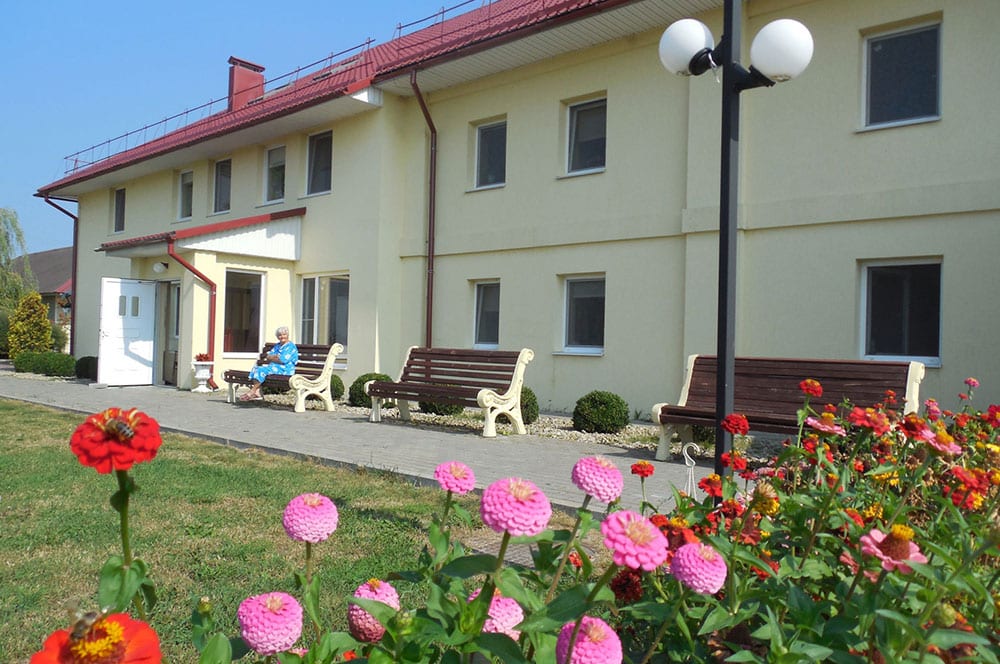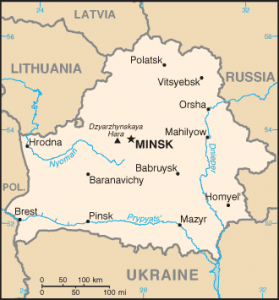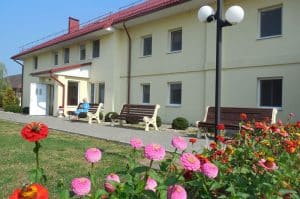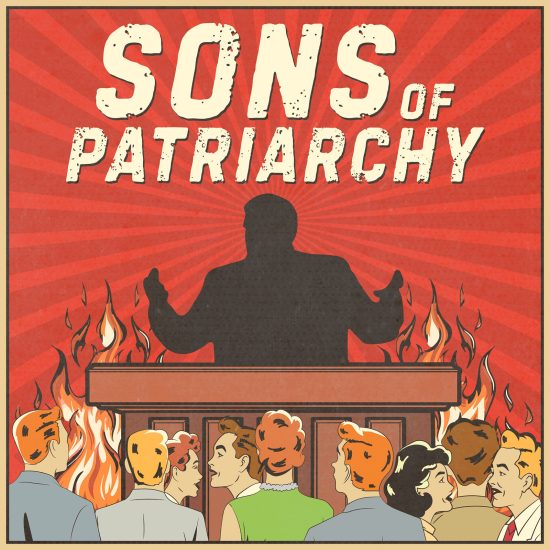
As the coronavirus pandemic grows in the eastern European nation of Belarus, Baptists there are experiencing an outbreak in their eldercare home. Belarusian Baptist churches and the Baptist seminary have also struggled to keep ministering in these uncertain times.
As of May 22, more than 5.2 million people globally have been infected with the COVID-19 respiratory disease caused by coronavirus, and more than 338,000 have died. In Belarus, more than 34,000 people have tested positive and nearly 200 have died. And while many outside observers doubt the accuracy of the numbers in a nation with little press freedom, even the reported amount gives the nation an infection rate per capita among the worst in the world.
 Confirmed in Belarus on Feb. 28, the number of people infected with coronavirus continues to grow as the government largely chose not to act. President Alexander Lukashenko dismissed concerns about the virus as “coronapsychosis,” and he continued to participate in public events. Although the government instituted a mandatory 14-day self-quarantine for people entering Belarus from impacted nations, the country didn’t follow the model in many other nations of instituting a nationwide quarantine or shutdown.
Confirmed in Belarus on Feb. 28, the number of people infected with coronavirus continues to grow as the government largely chose not to act. President Alexander Lukashenko dismissed concerns about the virus as “coronapsychosis,” and he continued to participate in public events. Although the government instituted a mandatory 14-day self-quarantine for people entering Belarus from impacted nations, the country didn’t follow the model in many other nations of instituting a nationwide quarantine or shutdown.
And while large events were canceled around the world, Belarus went ahead with its planned parade on May 9 to commemorate the end of World War II in Europe. The parade reportedly drew nearly 20,000 spectators and military personnel, and included remarks by Lukashenko.
Mila Pekun of the Union of Evangelical Christian Baptists in the Republic of Belarus told Word&Way the Union is hearing concerning information from “our brothers and sisters from all over Belarus.”
“I wish I could share some positive information, but unfortunately the number of positive COVID-19 cases are growing rapidly,” she added. “Many of our brothers and sisters are suffering from viral pneumonia caused by the coronavirus, some are in critical condition and on ventilators. Some are recovering and we are grateful to God for that.”
Most troubling, she added, is the “SOS message” this week from the House of Mercy, which is an eldercare ministry in Kobrin, a city in the southwest part of the country near Poland and Ukraine. It is adjacent to Camp Pearl, a children’s camp also operated by Belarusian Baptists. The House of Mercy opened in 2012 with support from The Baptist Home in Missouri.
Pekun noted that 26 of the 39 residents at House of Mercy recently tested positive for COVID-19, as did almost half of the staff.
“There is a great need in workers,” Pekun said. “There is a great need in finances, too, since they need to hire extra staff and buy means of protection, masks, antibacterial sprays, etc. Please pray for the residents and staff.”
Igor Miklyaev, administrator of the House of Mercy, told Word&Way “the situation in Belarus, as well as in the whole world, is now difficult.”
“There are also many cases of coronavirus among Christians,” he added. “Requests for prayers for pastors of churches constantly come — a sufficient number of pastors are infected and are in hospitals or at home in self-isolation.”
Miklyaev similarly noted that 26 residents at the House of Mercy tested positive along with several workers.
“We also had to call for help from volunteers who had already been ill and recovered and could have been in the House of Mercy for two weeks,” he added. “This whole situation certainly teaches us to trust in God! There is nothing that happens in our lives that God does not know! And God teaches us all to trust him in life and in death. Because we know who we believe in and where we will be after death.”
Difficulties for Belarusian Baptists caused by coronavirus extend beyond the outbreak at the eldercare facility. This includes for their seminary, the Minsk Theological Seminary in Belarus’s capital city in the center of the nation.
Pekun explained that because of coronavirus, the summer session was postponed and the school has been partially closed since late March. But, she said, the school is now “thinking about possibly doing one session in August” and “some sessions continue on ZOOM even this week.”
“At the present moment, all the deans of our faculties are working on transferring the classes online and making them available for students. In our case, it is not easy to do since we don’t have full time students and most of the programs we offer are hybrid form of learning when students mostly practice distant learning by studying and writing papers and assignments at home and then come to Minsk for a week of face to face session,” she said. “We are doing all we can to adjust to the present situation and continue to provide Christian education to our pastors and lay members.”
“Several staff members of the seminary have been diagnosed with the virus, but everyone is well now, recovered and home from the hospitals,” she added. “MTS also experiences financial difficulties. It is hard to find the money to pay salary to the seminary staff.”
Pekun also noted that churches have been impacted by the pandemic. And, she added, the lack of government guidance or restrictions on public gatherings means “churches did not know what to do exactly during the last two months.” Some churches did switch to online churches.
According to the Baptist World Alliance, there are about 280 churches with more than 12,000 members in the Union. This makes them a small group in the nation where most people identify with the Eastern Orthodox Church. All Protestants account for just 0.5% of the population.
Although the Union offered recommendations, Pekun noted “not everyone followed it and each church was independent in making the decision.” Additionally, she said some churches, “after surviving the persecution of the Communist regime, did not feel like they should close.”







